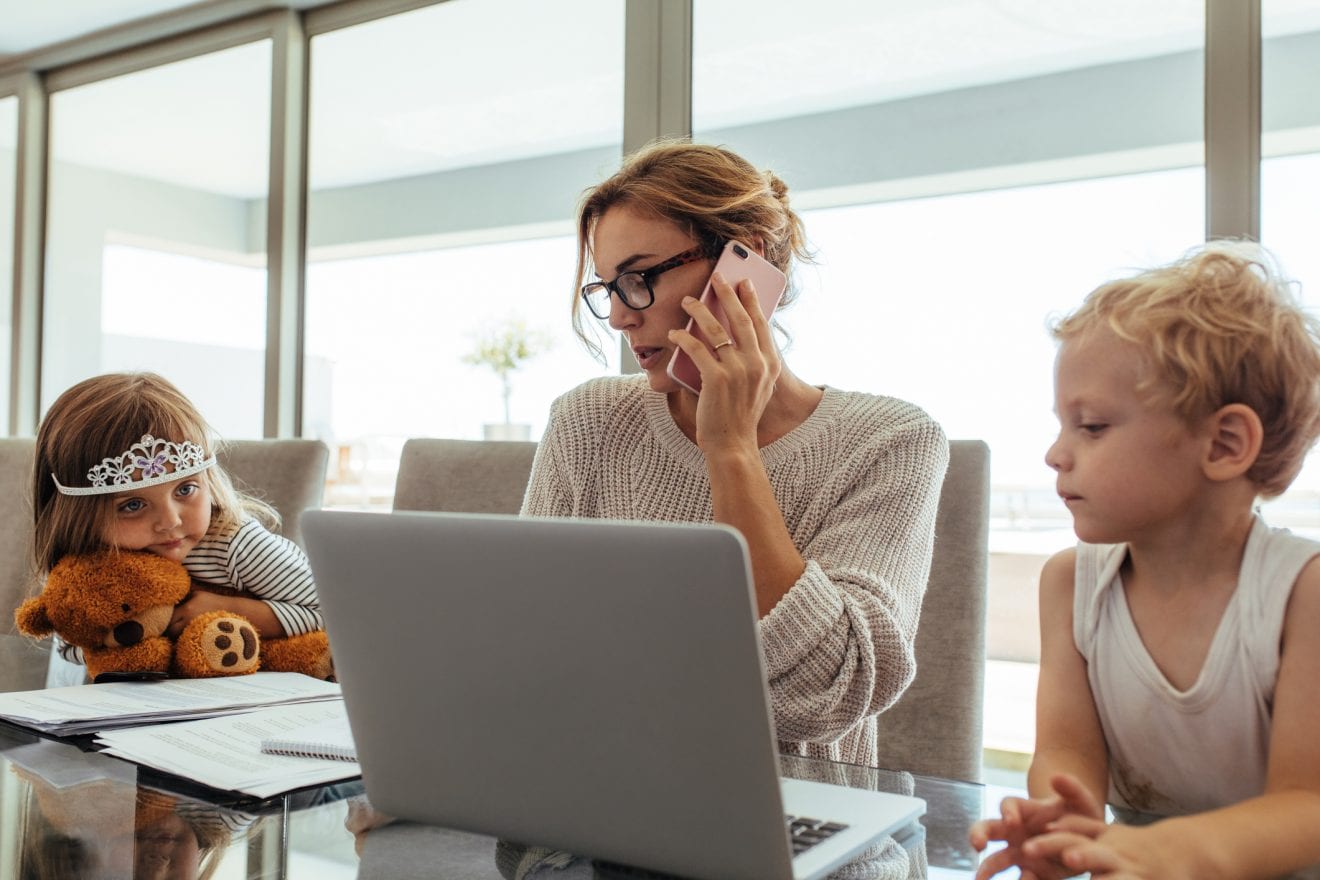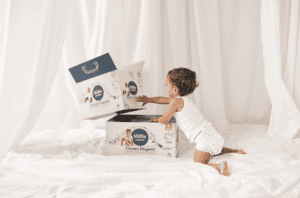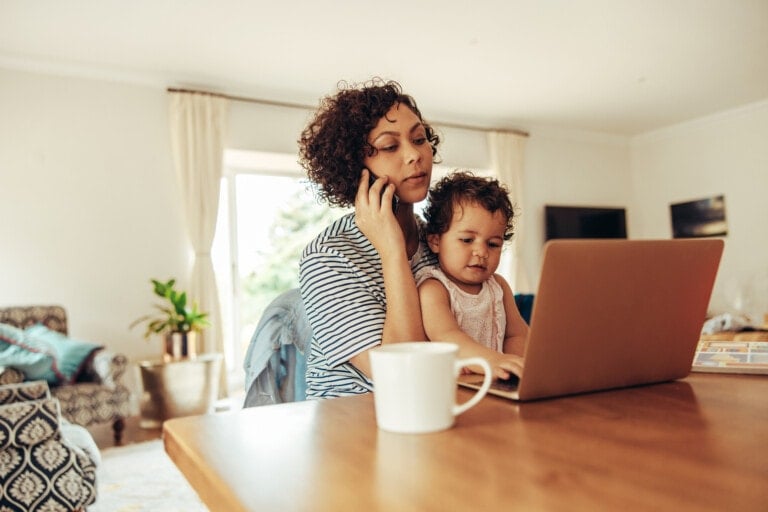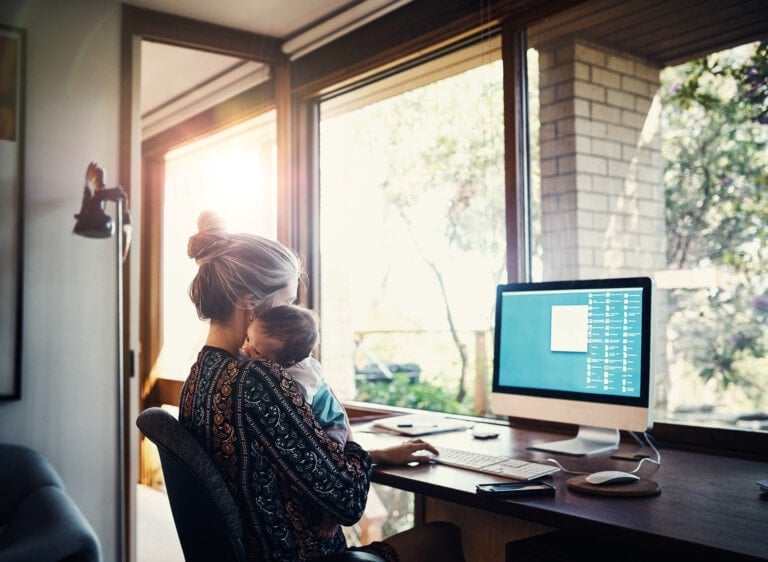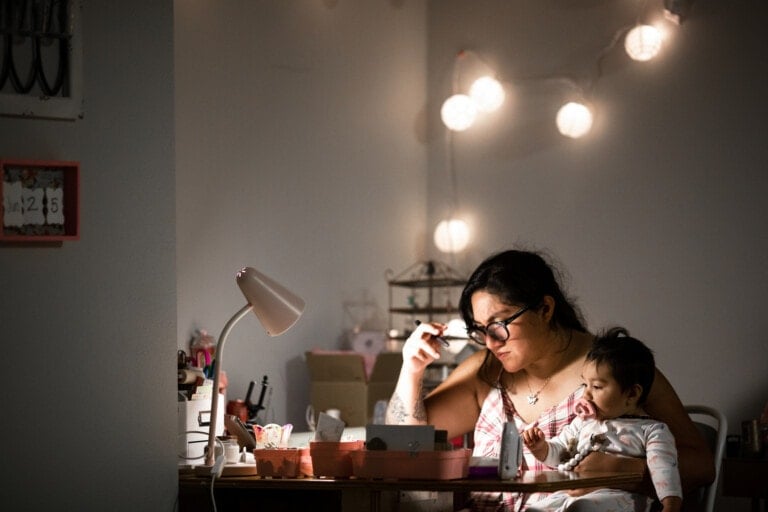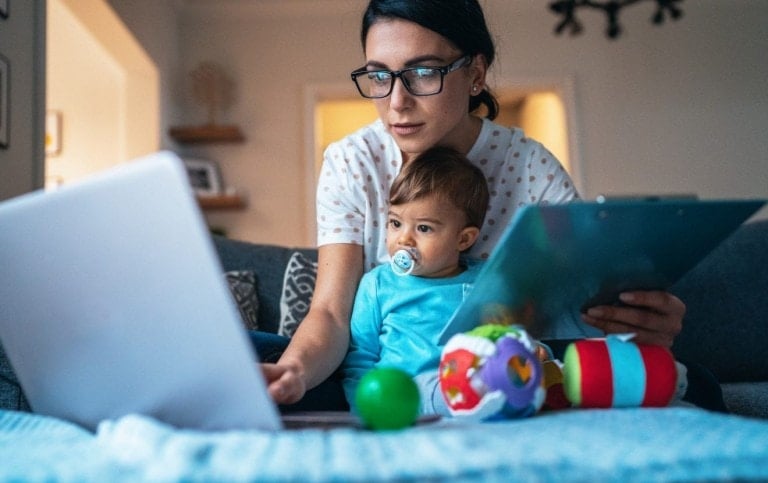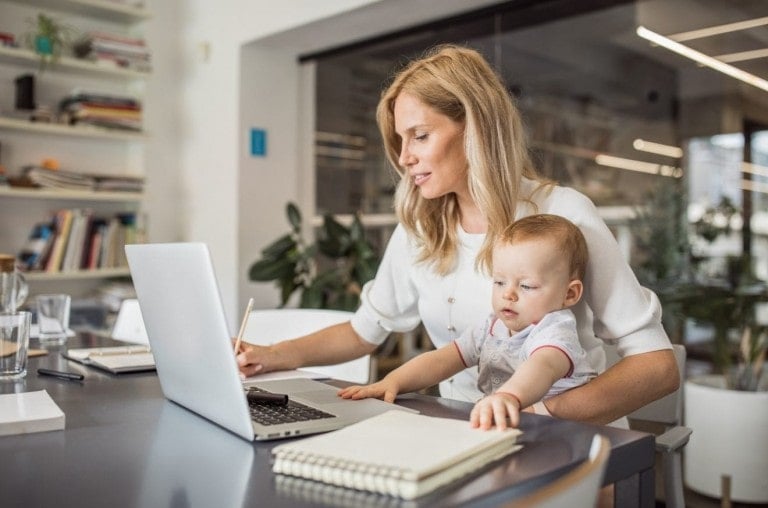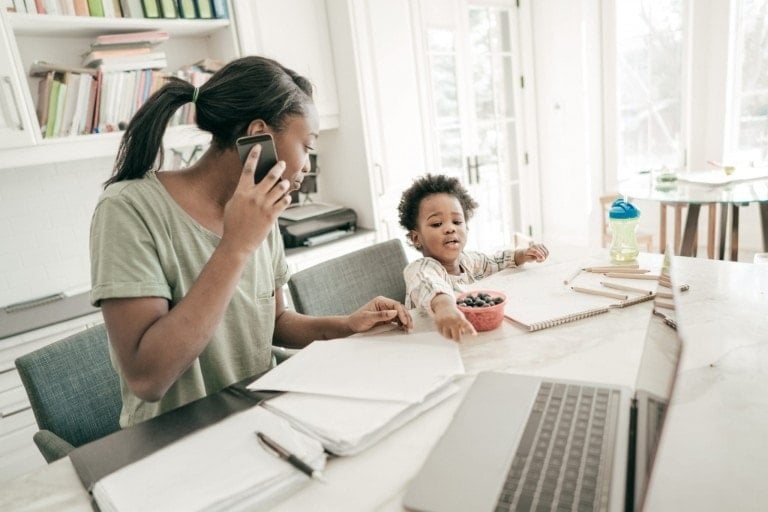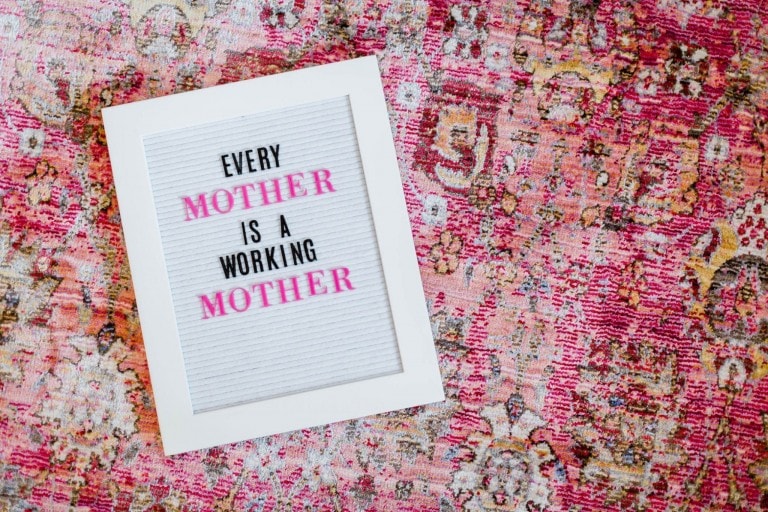Believe it or not, I get asked whether being a working mom is bad for child development a lot, and my answer is a resounding NO! The first and foremost and most critical rule in parenting should be to care for yourself first. You have to take care of the most basic needs of you and your family before anything else. Often, that includes working. Whether you work outside the home out of financial necessity or do what is fulfilling to you, it meets a need for you and your family. And it is unfair to associate any guilt with that.
But how does being a working mom affect child development? Like many things, the quality of time, not the quantity of time, spent with your kids matters most.
Is Being a Working Mom Bad for Child Development?
If you are concerned about your child’s development while you are at work, here are a few tips.
1. Make the Most of Your Time When You’re Not at Work
Bonding with your child is important for their social and emotional development. That does not mean you have to be glued to your child 24 hours a day. When you are together, make it a priority to give your child undivided attention at times.
Establish a special morning or bedtime routine where you read a book or bedtime story, sing a song, or lie in bed together and talk about your day. The back-and-forth interactions between you and your child provide a foundation for new language and future literacy and academic skills. Even if you are busy doing other things, talk to your child as much as possible. Ask her questions, tell each other stories, talk in the car and during mealtime, and narrate what you are doing. Even if your child is a baby, they will benefit from hearing the sound of your voice.
2. Include Your Child in Chores and Household Activities
Spending time with your child does not have to be a structured, face-to-face sit-down activity. There are many ways to teach your child by incorporating them into activities you have to do, such as laundry, cooking dinner, and washing dishes.
If your child is an infant, wear your baby in a baby carrier against your chest while doing housework or making dinner. Narrate everything you are doing. The gentle movement is good for their developing sense of balance and equilibrium. Also, by talking to your baby, you are providing a foundation for language.
If your child is older, pull up a chair beside you and give her a job. As she slices bananas with a plastic knife, talk about her task. Talk about the size and texture or count slices. Praise her for helping with dinner preparation. Or, as you sort laundry, include your child. He can match socks, sort by color, and even categorize items. These are important early math and STEM skills.
3. Make Sure Your Childcare Provider Has an Understanding of Early Childhood Development
Maybe your child goes to a childcare facility, a private home, or perhaps a grandparent. Either way, you can ensure they are getting some developmental activities there.
If they are at a childcare facility, they will likely get great social interaction. This is really important for child development. Children of stay-at-home parents often do not get enough of this. Most childcare facilities have certified teachers who understand early child development and create a program that will stimulate your child. Some centers get stars or certifications by sending their teachers to continuing education classes. You can find out about their accreditations or certifications by asking the director.
If your child is in a home care situation, ask them to limit TV time around your child. Even when the TV is on in the background, studies show it interferes with adult-child interactions.1,2 If your child’s caregiver does not provide engaging activities for your child during the day, you can make some suggestions. Maybe say, “It is a beautiful day, maybe you can take her to a park or go for a walk.” You can also provide activities for them to do. Bring toys or arts and crafts for your child to do with their caregiver.
A Healthy, Stimulating Environment Is What Counts
The most important thing your child needs for optimal development is lots of stimulation and experiences. Children take in information from all their senses by seeing, hearing, tasting, smelling, and touching. When this happens, their brain cells connect, and new learning occurs. An adequately stimulated baby will get so many new connections in her brain in her first year that her brain will double in weight and triple by age three.3
In fact, ninety percent of a child’s brain is formed before kindergarten, so this is a critical period.1 But that does not mean child development cannot occur when your child is not with you. In many cases, they may get even more positive stimulation because of their environment. Rest assured, your child can get a great start in life whether you are a working mom or a stay-at-home mom.













